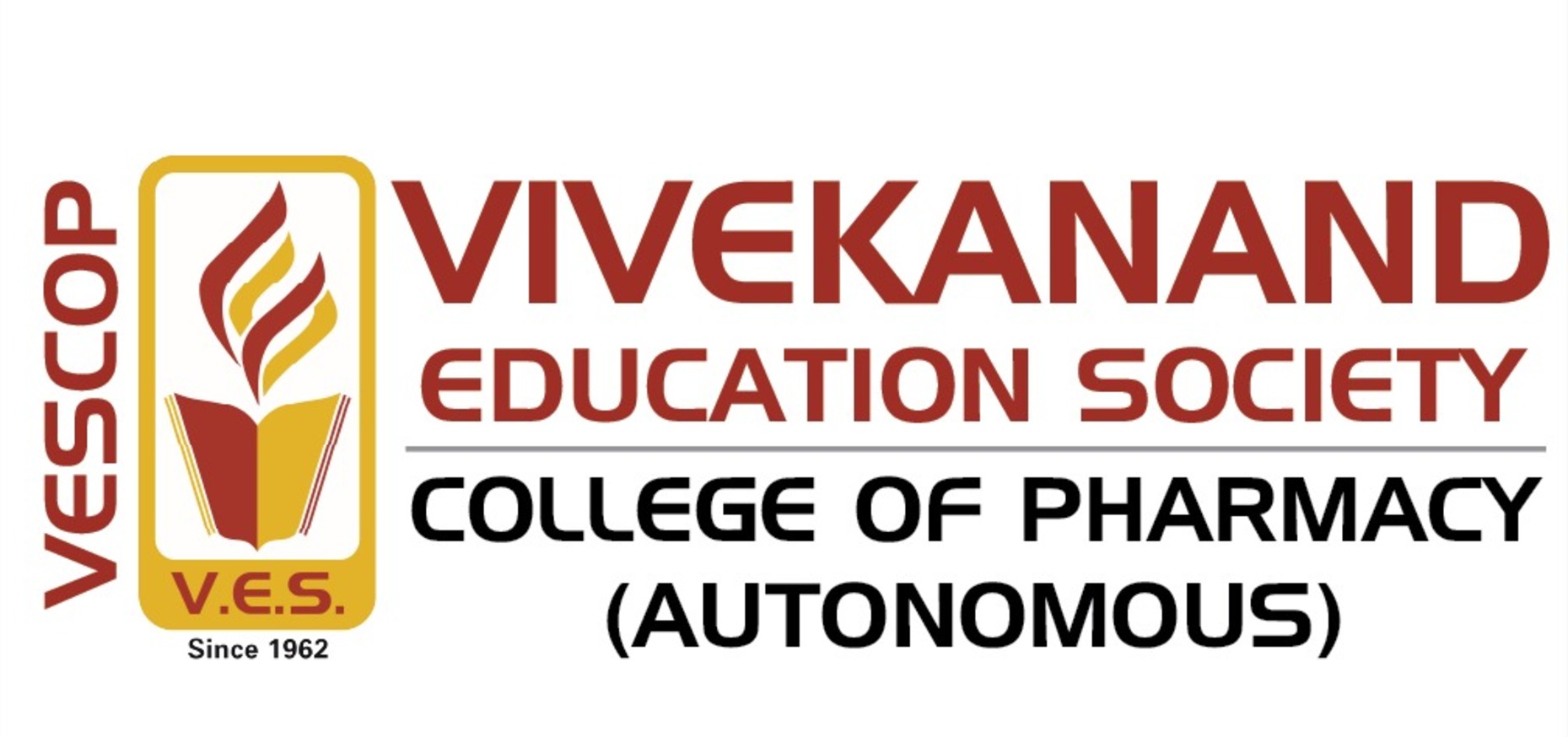
PHARMACY: TECHNICAL AND PATIENT CARE ASPECTS
By Dr. Rajashree HirlekarProfessor and HoD (Pharmaceutics)
Vivekanand Education Society's College of Pharmacy
Around thirty-five years ago, students who were unable to get admission in the Medical stream would opt for B.Pharmacy as an alternative choice. It was a general assumption that this is a course related to farming. Mass awareness about Pharmacy happened over the last three decades as a science complimentary to the medical stream.
Pharmacy education in India can be broadly classified into two categories: One related to technical aspects - preparation of medicines and the other related to Patient care.
A Pharmaceutical dosage form developed in a pharmaceutical industry may contain drug either from the natural origin or the one synthesized in the laboratory. Various operations like extraction, evaporation, distillation, drying, purification, crystallization, size reduction and separation are involved during preparation of the drug. In order to impart the required effect, it is necessary that drug reaches the specific site in the body, called receptor. Advances in the computer sciences have made it easy to device structure of the active moiety and further fine tune for strong binding with receptors. The next step is to synthesize it in the laboratory, based on the organic chemistry knowledge. To ensure the effect of the synthesized drug molecule, it is administered to a suitable animal model. If found effective, it has to be converted into a suitable patient friendly dosage form. Here comes the major obstacle of reaching the site of action because while testing the drug it was directly introduced into the blood stream whereas for actual use it is mostly administered via oral route. When the dosage form is administered orally, it has to get absorbed in order to enter the blood and then reach the site of action. The major drawback of most of the synthesized molecules is, poor solubility leading to poor absorption and hence failure to exert the required effect. So, devising appropriate processing and choosing a suitable dosage form is the main challenge of a formulation scientist. Further, an analytical chemist is involved in analysing the drug and its final formulation, In Vitro and In Vivo.
For any formulation to be viable it has to be therapeutically active, should have ability to be mass produced and should be stable for the given shelf life period. So, in order to ensure that the processes used for lab scale preparation of the formulation can be scaled up, pilot plant and manufacturing size batches are taken and confirmed for reproducibility. The formulations are checked for the physical and chemical stability by storage at accelerated conditions of temperature and humidity.
In order to introduce the product in the market, right from the beginning all the data has to be documented systematically and submitted to regulatory authorities for approval. Complying with the standards, the product gets permission to be marketed.
The second component of the Pharmacy profession encompasses the patient care aspect. The pharmacist is consulted by the Medical Practitioner for suggesting appropriate medicine, it’s dosage form, route of administration and instructions to the patient. It is the Pharmacist who is aware of the history of the patients and can suggest the course of medications given to the patient. Further he also keeps track regarding patient’s response and occurrence of any side effects or adverse drug reaction.
The number of institutes delivering these contents under the B.Pharm course is accelerating. To know more about B. Pharmacy (B. Pharm) course that is offered at VES College of Pharmacy, Mumbai, you can visit us at https://vespharmacy.ves.ac.in/ for further information. This institution offers the perfect blend of practical as well as theoretical knowledge required to excel in the field of pharmacy. It has state-of-the-art central instrument lab (CIL), libraries, ICT enabled smart classrooms along with a highly qualified & dedicated team of experienced faculty with expertise in the field of pharmacy.
 022 – 6114 4144
022 – 6114 4144 vescop@ves.ac.in
vescop@ves.ac.in